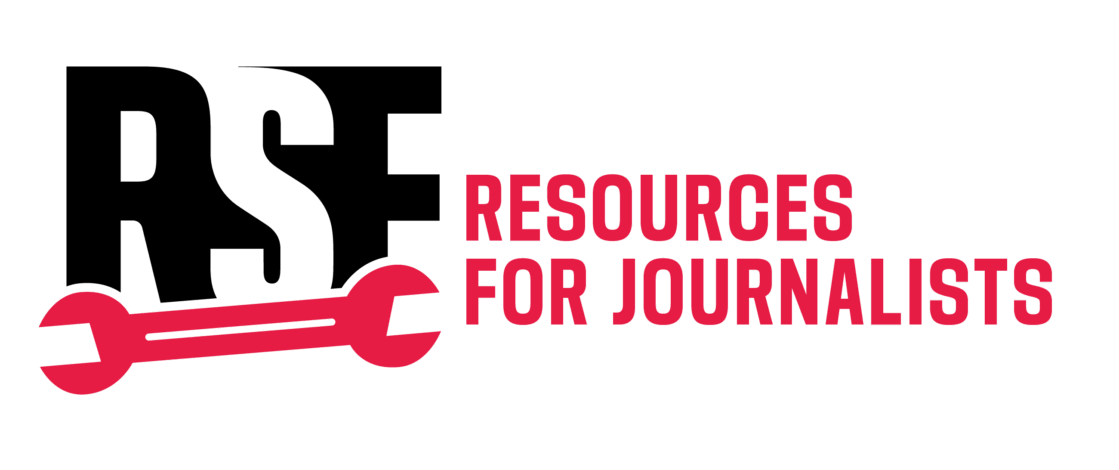Online smearing targeting journalists can severely undermine their reputation and career. In this article, Reporters Without Borders (RSF) suggests strategies for journalists to protect themselves.
A journalist’s reputation is one of their greatest assets. Online smearing, which consists of spreading false or misleading information about an individual, can seriously undermine a journalist’s perceived trustworthiness. When journalist are being the target of online smear campaigns, Reporters Without Borders (RSF) recommends them to protect themselves by following these four steps:
1. Document and report: Journalists should document the slanders by systematically saving them on their device, and report them to major platforms like social networks or search engines. The platforms may take action by deleting the attacker’s account or blocking their access. Prior to reporting the content, journalists should also check whether their rights are being legally violated: pointing it out when reporting smearing could help a future legal action.
2. Assess the impact: Journalists should not overreact when false information about them is spread online. Does the information really cause harm? If an article only appears on page ten of a search engine and gets a few likes on social media, the best option probably is to ignore it. A reaction by the journalist themself might only increase the reach, which may even be the intention of the adversaries.
3. Make a statement: If it is harmful enough to be worth addressing, journalists should make a statement and counter the false information with facts. This does not necessarily have to be public. It may be enough to send the statement to relevant contacts like friends, colleagues, and newsrooms with whom they usually collaborate.
4. Consider legal action: If the information is blatantly false, its authors might have committed a crime. Journalists should confirm that their rights have been legally violated, and take legal action. The assistance of a lawyer is recommended.



